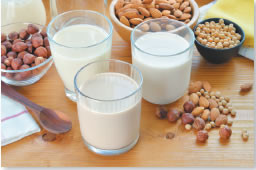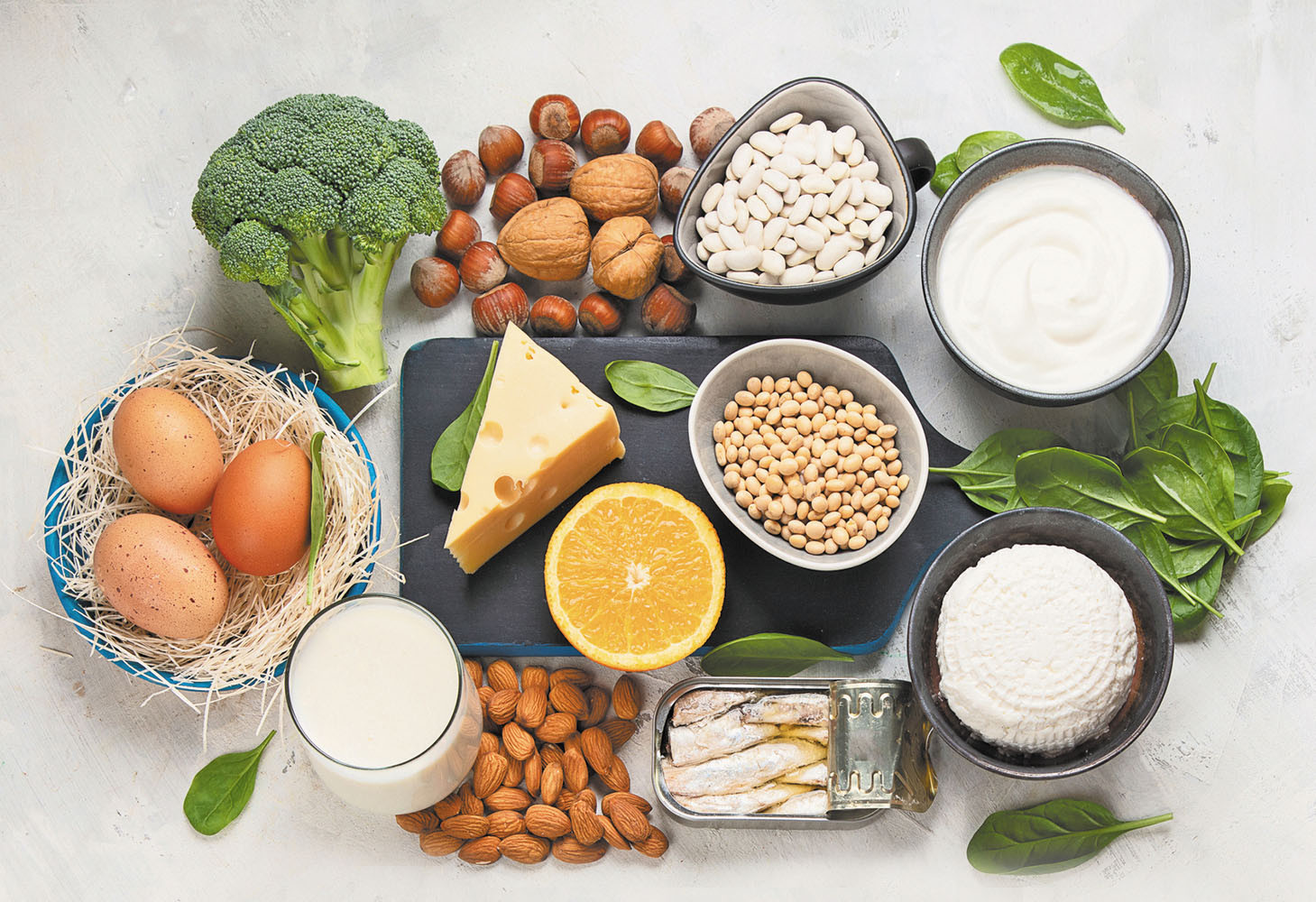
Respiratory health harms often follow flooding: Taking these steps can help

Tips to leverage neuroplasticity to maintain cognitive fitness as you age

Can white noise really help you sleep better?

Celiac disease: Exploring four myths

What is prostatitis and how is it treated?

What is Cushing syndrome?

Exercises to relieve joint pain

Think your child has ADHD? What your pediatrician can do

Foam roller: Could you benefit from this massage tool?

Stepping up activity if winter slowed you down
Staying Healthy Archive
Articles
In search of a milk alternative
People who are unable to or don't want to drink cow's milk have alternatives, such as milks made from grains, nuts, and soy.
4 immune-boosting strategies that count right now
With colds, flu, and COVID variants circulating, keeping your immune system healthy is even more important. Advertising would have you believe that some supplement or other is the key to protecting yourself from getting sick, but the best strategies to protect yourself involve common sense and simple steps.
Are poinsettias, mistletoe, or holly plants dangerous?
It's commonly believed that poinsettia plants are poisonous, but are they? If they are dangerous, what can happen if some is ingested? What about other popular holiday-season plants like mistletoe or holly? If you have any of these in your home, what should you know about them?
Waiting for motivation to strike? Try rethinking that
We all know that motivation is key to accomplishing our goals, but even if you have a much-desired goal in mind, it's too easy for motivation to dissipate. Before setting a goal, it's critical to identify why it is important to you, to create a detailed plan that outlines how you will achieve it, and to make a to-do list so you can track your progress.
Recommendation calls for earlier diabetes screening in people who are overweight
According to a new recommendation from the US Preventive Services Task force, diabetes screening should begin age 35 for people who are overweight, defined as a body mass index (BMI) of 25 or greater.
Are your shots up to date?
A number of vaccinations are recommended for adults. These include not only the COVID-19 vaccine, but also an annual influenza shot and vaccinations for shingles and pneumococcal disease, among others. A doctor may also recommend additional vaccines depending on a person's individual circumstances, such as planning travel or caring for a newborn. Adults should check periodically to make sure that they are up to date with all of their shots.
Treating low vitamin D levels may help people live longer
Treating people who have low levels of vitamin D with supplements may reduce their risk for heart attacks and death from any cause.
Essential nutrients your body needs for building bone
Older adults must pay special attention to their intakes of calcium, vitamin D, and protein. These important nutrients are crucial for maintaining bone health. Doctors say it's probably best to take a supplement to get enough vitamin D. Calcium and protein are best when they come from foods, such as canned salmon with bones, sardines, beans, dairy products (cheese, yogurt, cottage cheese, milk), leafy greens, or nuts. Other important nutrients for bone health, such as magnesium, phosphorous, and potassium, can be obtained by simply eating a diet rich in fruits, vegetables, legumes, nuts, seeds, and lean proteins.
Watch out for these balance busters
Many factors can impair balance and lead to falls, such as vision, hearing, or joint problems; medication side effects; and environmental hazards. To improve balance and reduce the risk for falls, one can remove fall hazards from the home, treat underlying conditions that increase fall risk, consider adjusting medications that affect balance, get physical therapy, use an assistive walking device, wear supportive shoes that hold the feet in place, and frequently challenge balance with balance exercises.
Gift giving for family or friends in assisted living
If you have a family member or other loved one in an assisted living facility, it might seem difficult to choose a useful and meaningful gift for that person. But thinking about the person's particular circumstances, needs, and interests will help you select a gift that will be appreciated and enjoyed.

Respiratory health harms often follow flooding: Taking these steps can help

Tips to leverage neuroplasticity to maintain cognitive fitness as you age

Can white noise really help you sleep better?

Celiac disease: Exploring four myths

What is prostatitis and how is it treated?

What is Cushing syndrome?

Exercises to relieve joint pain

Think your child has ADHD? What your pediatrician can do

Foam roller: Could you benefit from this massage tool?

Stepping up activity if winter slowed you down
Free Healthbeat Signup
Get the latest in health news delivered to your inbox!
Sign Up











